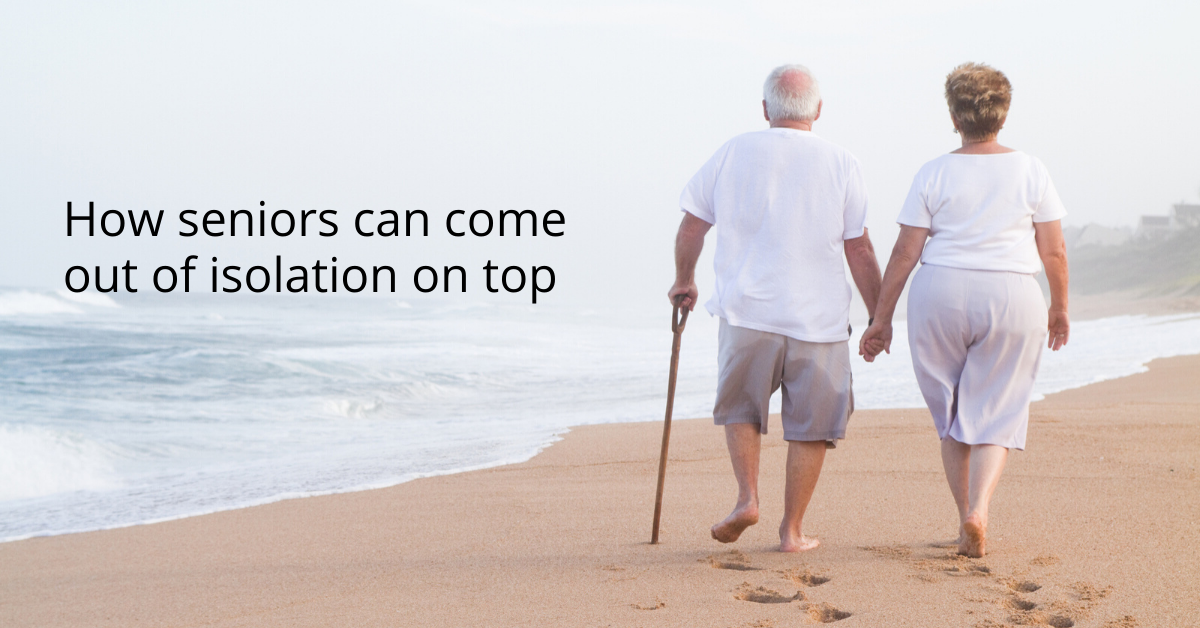Staying physically and mentally well
A brisk 30-minute walk each day can be a great way to keep fit – making sure you keep the obligatory 1.5 metres away from others. As restrictions ease, it will become less stressful for you to head out of the house which is an added benefit. Those that are unable to go for walks have been finding other ways to keep physically active at home. Seniors are using housework, gardening, washing the car, climbing stairs, carrying and unpacking the groceries, and doing stretching exercises to stay in shape.
The benefits of physical exercise include’:
- Better sleep
- More energy
- A reduced risk of injury and falls
- More mobile joints
- Better mental health
As well as exercise, be sure to keep up regular health checks and see a doctor if you’re unwell. While face-to-face consultations are still available, many doctors and medical centres have also been offering healthcare from home using phone or video conferencing if you’re still not comfortable venturing out.
Whether you’re still in self-isolation or not, it’s also important to set aside time each day to do things that you enjoy. Many Australians, both young and old, are getting back into simple activities such as reading, gardening, doing puzzles, baking, colouring in or drawing, crafts and woodwork. These types of mindful activities are a great way to reduce stress and improve your mental wellbeing. Senior Australians have also taken up online learning to fill in free time.
Taking care of your finances
If you’re already retired and are drawing pension payments from your super, you can take advantage of the government’s temporary reduction to minimum drawdown rates. This could give you more flexibility with your retirement income and provides you with the option to leave more of your retirement savings invested.
Source: Colonial First State

